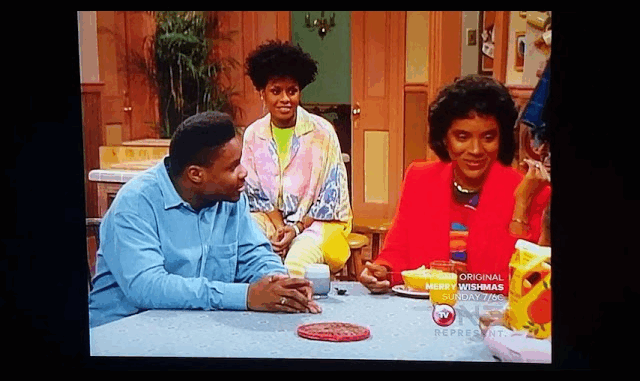
When The Cosby Show first graced television screens in 1984, it was more than just a sitcom—it was a cultural touchstone that shifted the landscape of television, particularly in its portrayal of fatherhood. The show featured Dr. Heathcliff “Cliff” Huxtable, played by Bill Cosby, a character who became synonymous with warmth, humor, and emotional intelligence. The fatherhood portrayed on The Cosby Show was not merely about providing for one’s family or maintaining authority. It was about creating meaningful emotional connections, offering guidance, and showing up in moments of need.
At the heart of The Cosby Show was Cliff’s unwavering love for his wife, Clair, and their five children. What stood out most was his ability to engage emotionally with his children, something that wasn’t always represented on television at the time. Cliff’s emotional availability was a defining trait that set him apart from the often distant, authoritative figures typically seen on TV. He wasn’t just a father who doled out advice or discipline—he was a father who shared in the emotional lives of his children.
Throughout the series, we see Cliff navigating the ups and downs of parenthood with humor, grace, and emotional vulnerability. His relationship with his children wasn’t one of distant authority, but rather a partnership in which he actively listened, empathized, and responded to their emotional needs. Whether comforting Theo through academic struggles, guiding Denise through her college years, or supporting Vanessa as she faced the challenges of adolescence, Cliff’s emotional presence was always a constant.
One of the most poignant examples of Cliff’s emotional depth as a father occurs in the episode “The Big Move” (Season 4, Episode 26), where his daughter Denise decides to leave for college. As much as Cliff wants to hold onto his daughter, he knows that part of being a father is allowing his children to grow and become independent. The scene in which he and Denise share a heartfelt conversation about the changes ahead is a moment of profound emotional intimacy. Cliff’s ability to balance his desire to protect his children with the need to let them go reflects the emotional complexity of fatherhood.
In many ways, Cliff’s emotional vulnerability was groundbreaking for a television father. He wasn’t afraid to show his feelings—whether he was overwhelmed by the responsibilities of raising five children or moved by the successes and struggles of his family. This emotional openness helped break down the traditional stoic, emotionally distant father figure often seen in media. Cliff Huxtable was a father who understood that being emotionally available was just as important as providing for his family financially.
Another key aspect of fatherhood portrayed in the series was Cliff’s ability to laugh at himself. His humor was a tool for connection, breaking down barriers and making difficult situations easier to navigate. His comedic timing, often used to defuse tension, was a vital part of his parenting. Whether he was joking with his children about their adolescent angst or using humor to teach life lessons, Cliff’s ability to laugh helped create a warm, supportive environment in the Huxtable household.
However, the series didn’t shy away from showing the challenges of fatherhood. Cliff, despite his wisdom and love, had moments of frustration and uncertainty. One such moment occurs in the episode “Theo’s First Day” (Season 1, Episode 1), where Cliff, though trying to be supportive, struggles with his son’s academic difficulties. The episode brilliantly demonstrates the human side of fatherhood: the struggle between being a supportive father and pushing children to do their best. This complexity, the balance between love and discipline, is one of the show’s most enduring strengths.
Fatherhood on The Cosby Show was not one-dimensional. It was about the emotional connection between a father and his children, the way those bonds were nurtured through difficult conversations, shared laughter, and mutual respect. Cliff Huxtable was not a perfect father—he had his flaws, his missteps, and his moments of doubt. But what set him apart was his commitment to being an emotionally engaged father who put his family’s well-being above all else.
As we reflect on the legacy of The Cosby Show in 2025, it’s clear that Cliff Huxtable’s portrayal of fatherhood left a lasting impact. In a world where fatherhood is often reduced to a role of provider or disciplinarian, the emotional richness that The Cosby Show brought to the table was revolutionary. Cliff’s approach to fatherhood has influenced countless viewers and continues to inspire a more compassionate, emotionally aware model of what it means to be a dad.
The emotional depth of fatherhood in The Cosby Show speaks to a broader truth: being a father is not just about setting rules or teaching lessons. It’s about connecting emotionally with your children, understanding their needs, and providing a safe space for them to grow and thrive. Cliff Huxtable’s legacy is a reminder that the most important part of fatherhood is not just being there, but being present—emotionally, physically, and wholeheartedly.
